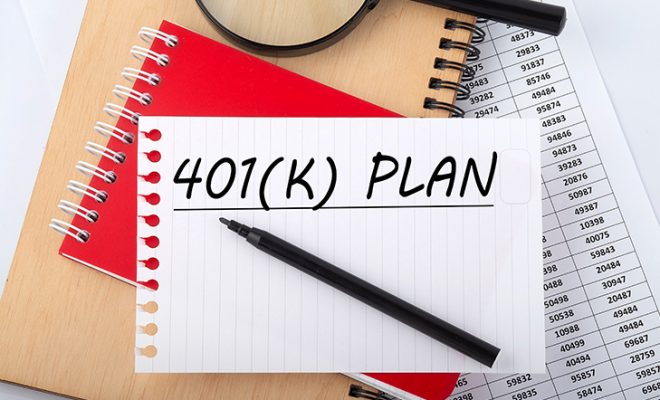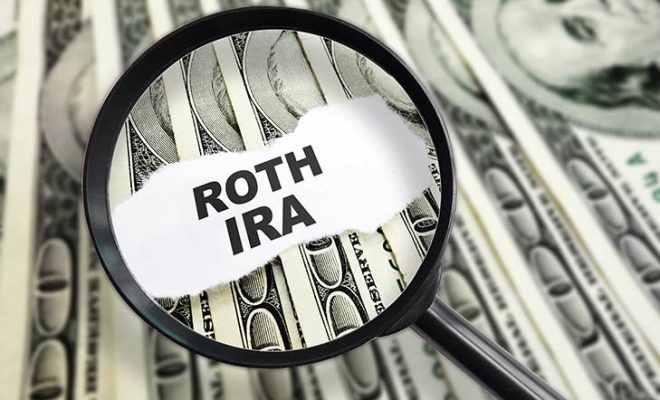4 Things To Know If Your Employer Suspends Their 401(k) Program

One of the many perks of having a steady job is the employer sponsored 401(k) plan. A 401(k) account can be your primary source of income when you retire. However, sometimes employers may suspend their contributions from your 401(k) account. This can be due to an economic slowdown, market crash, or several other reasons. In such a case, your future savings can be significantly impacted. But there are some things that you can do to lower its impact.
Is it common for employers to suspend their 401(k) contributions?
It is not obligatory for employers to match your contributions in a 401(k) account. Hence, it is possible for your employer to suspend their contributions at will. Normally, companies offer a 401(k) account to retain their employees for a long time. This acts as an incentive for employees to work hard and contribute to the growth of the company. But a falling economy, losses in business, bankruptcy, etc. can force an employer to suspend their 401(k) account contributions.
Sometimes, companies may not entirely suspend their contributions but decrease their match for a short term. However, regardless of what course of action the employer opts for, a reduction in employer contributions can pose a threat to your retirement savings.
What can you do if your employer withdraws their matching contribution to your 401(k) account
Here are four things to note:
-
Do not react by stopping your contributions
Remember that most companies may only withdraw their contributions temporarily. Offering an employer sponsored retirement plan is a carefully designed strategy for each company. Such incentives increase their employees’ productivity and ultimately boost the organization’s profits. A lack of enough incentives can lead to a high attrition rate. As a result, a company will ideally avoid a situation where it has to suspend its match and cause dissatisfaction among its employees.
Therefore, keep in mind that your company may have a good reason to suspend their match. Normally, this is because of an economic slowdown or bankruptcy. However, most companies bounce back in time. Suspending your own contributions will only worsen the situation further. It may be advised to wait things out and continue with your contributions in the meanwhile.
-
Increase your contributions
A good strategy in such a situation is to take matters in your own hands. If your income allows you to accommodate more savings, you can increase your share of the contributions. You can even match your employer’s original share to keep your savings rate the same as before. This will ensure that your 401(k) account grows in the same manner, and your future income remains unaffected. As and when your employer starts matching your contributions, you can switch back to what you were contributing before. Even if this puts some extra pressure on you for a brief period, it will ensure that your future is not compromised under any condition.
-
Review your total savings
The rate at which you save would depend on a host of factors, such as your current age, retirement age, income, etc. If your employer suspends their match in your 20s or 30s, you will have enough reaction time to overcome this loss. However, if your employer suspends their match in your 40s or 50s, you may not have enough time to keep up with your retirement planning goals. In this case, you may have to look at other options to save and invest. An Individual Retirement Account (IRA) can be one option. You can also consider investing in a life annuity plan. The right pick would again depend on your current income and liabilities. If you have some disposable income, you can invest it in stocks, bonds, or exchange traded funds. These can offer good returns over time. If you want to keep a low risk appetite, you can consider fixed income investments, such as a Certificate of Deposit (CD). This will bring in a stable income and offer you peace of mind with no risk.
If you feel you were already ahead of your savings rate when your employer suspended their match, you will have little to worry. In this case, you can simply let things be and concentrate on monitoring your spending and debt.
-
Look for a new job
If you are not satisfied with your current employer, you can consider quitting your job and finding a new one that offers you an employer sponsored retirement account. This may not be suitable in all situations. Sometimes it can also be hard to find a new job, especially if the economy is suffering and there is increasing unemployment in the country. However, you can put this on your list of priorities and start searching for suitable opportunities. A new job may also offer additional benefits like a salary raise, company shares, incentives, etc. If you get a good offer, you may enjoy many other advantages other than a 401(k) account.
To sum it up
A 401(k) retirement account can be an important part of your retirement plan, but it is not the only part of it. There are several other ways to save for your golden years. A small set back may come in the way of your savings, but it does not have to put an end to it. You can invest in other investment tools, increase your own contribution, find a new employer, or simply wait till things better, depending on where you stand on your financial goals.
If you need further help with retirement planning, you can use our free tool to get in touch with a professional financial advisor in your area.










